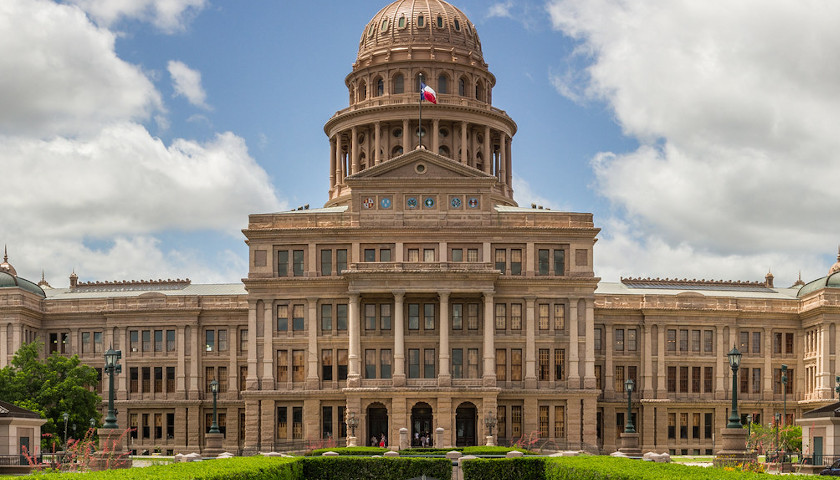U.S. companies are conducting full-scale audits and shifting “focus” after multiple reports revealed child immigrants were working in increasingly dangerous conditions, according to The New York Times.
In 2023, the Department of Labor opened an investigation into companies like Lucky Charms and Cheetos after reports of immigrant children working in dangerous conditions while thousands of children have crossed over into the U.S. in the last several years. Many other companies, including McDonald’s, Whole Foods, Costco and more, have announced that they are conducting full audits to prevent migrant children from working in dangerous conditions, according to the NYT.
Read the full story






